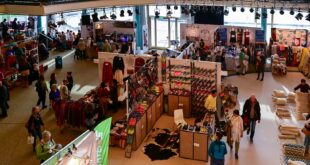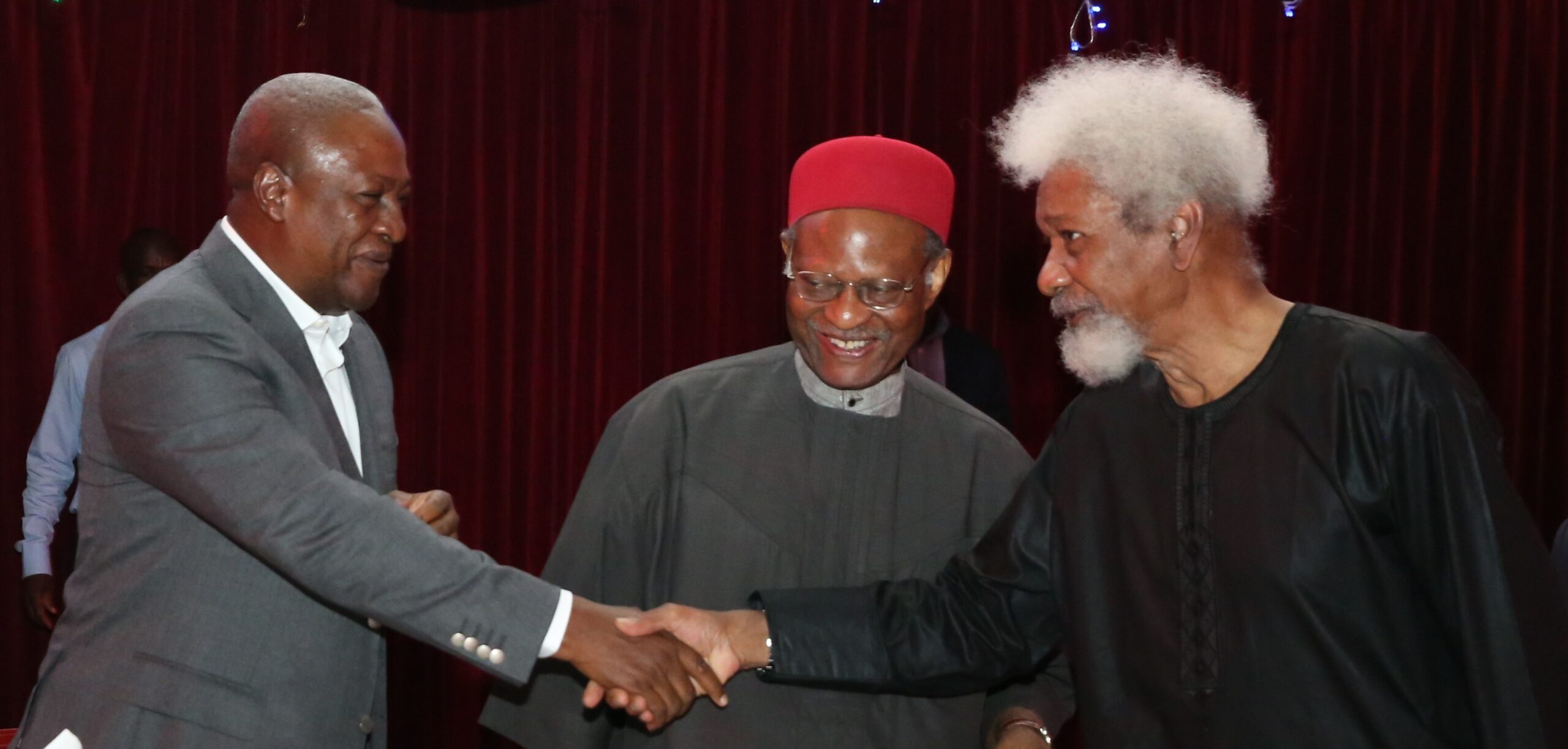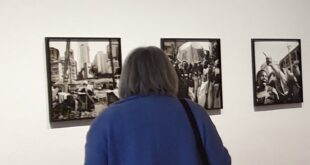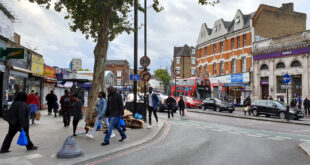BonelliErede, a leading international law firm, and Italia Africa Business Week (IABW), a commercial and business forum whose goal is to facilitate sharing economic, commercial and financial knowledge between Africa and Italy, recently held a webinar on the restitution of cultural property to African states.
It was the latest in a series of webinars organised by BonelliErede and focused on: (a) the fact that an estimated 90% of African cultural heritage is still in Europe following looting during colonial wars and conflicts, and (b) the importance of returning this cultural heritage to its former owners.
The webinar was opened by IABW’s CEO, Mehret Tewolde, who then gave the floor to Prof. Manlio Frigo, counsel at BonelliErede and member of the firm’s Public International Law & Economic Diplomacy and Art & Cultural Property Focus Teams; Cleophas Adrien Dioma, IABW’s Executive President; and Jean Leonard Touadi, politician, academic, writer and journalist.
Manlio Frigo and Jean Louis Touadi spoke at length about how to tackle the different issues surrounding the restitution of cultural heritage and possible solutions on how to move forward in a way that is fair to everyone. They also mentioned that this is merely the beginning of an extremely important international discussion about what physical and non-physical return, including the dignity aspect, can and should be about, and what role Italy can and should play.
Manlio Frigo addressed several points, including the following:
- The importance of restitution and return.
- France deciding on three criteria for restitution: restitution in a swift and through manner, restitution requiring complimentary research for pieces acquired after 1960, and the preservation of certain items remaining in French collections.
- Legal reasons to consider when returning cultural artefacts: They now belong to someone, and a law is needed to free them from their current owners.
- Belgium: It has adopted a law to establish criteria for returning goods resulting from colonialism – the first country to regulate restitution. However, an agreement needs to be reached between Belgium and other countries and African states concerning the transfer of ownership and the physical transfer of goods.
- The question of sustainability concerning ethical, legal and economic aspects: It is sometimes hard to free these goods, it is often unclear who these goods should be returned to, and restitution is expensive.
Cleophas Adrien Dioma then touched on the following aspects:
- The concept of restitution of goods: This is something a lot of people started thinking about when Emmanuel Macron promised to create the conditions for restitution of African heritage to Africa.
- The African perspective: These goods were stolen, and African museums want to complete their collections with these items.
- The political and symbolic meaning of restitution: It can help address the difficult relationship between countries that were colonised and their colonisers.
Mehret Tewolde noted that when talking about the restitution of goods, people talk far less about Portuguese-speaking countries like Angola or Cape Verde, where religious and cultural aspects were also quite important, but focus more on French-speaking countries. Manlio Frigo responded that Angola has been in negotiations with Portugal since 2020 for the restitution of a series of items currently in Portuguese museums. Cleophas Adrien Dioma added that countries must be willing to engage in these discussions, including with Asia and Latin America.
Jean Leonard Touadi concluded with the following points:
- The term ‘primitive’ is attributed to Africa and African art, religion and culture, which puts it in the sphere of and likens it to what is not rational, not comprehensible, and not knowledgeable, and places in the rank of values unilaterally assessed by Europe and the Western world.
- The African continent, in a framework of what was called the civilisation mission, was subjected to the same fate by anthropologists and ethnologists, who made no effort to understand the realities they were dealing with.
- The Western world had two missions: (1) eliminate and eradicate what they found in these countries, and (2) impose Western Eurocentric models on African cultures.
- African artefacts were for a long time called ‘fetish’, in the negative sense, and not considered valuable.
- We need to decode the remains of history as an educational tool and recode our relationship and the relationship between the West and the African continent together.
- The West, despite its power, was unable to annihilate African culture or impose the Western model.
- A universal element ultimately unites us all – and we must stop exploiting African cultural heritage.
- Art stored far away from the land that produced it and outside its original and rightful setting, in a poorer one, is deprived of its original significance and meaning.
- These artefacts cannot be perceived correctly by an audience that is unable to interpret them, truly understand their beauty or ritual function, or grasp their anthropological framework and background.
The restitution of cultural artefacts to African states was debated and different ideas for material and non-material returns were put forward. Issues surrounding the collective memory of a common and shared history were laid out, and opportunities for restitution to serve to build bridges between Europe and African states without hierarchical structures were presented.
Manlio Frigo commented as follows: “It is important that African states continue their positive trend in ratifying the relevant international conventions on the restitution and return of cultural objects – such as the 1970 Unesco and the 1995 Unidroit conventions – even though they are not retroactive. As an Ethiopian proverb says, ‘You can’t build a house for last year’s summer’.”
Report distributed by African Media Agency (AMA) on behalf of BonelliErede.
 THE AFRICAN COURIER. Reporting Africa and its Diaspora! The African Courier is an international magazine published in Germany to report on Africa and the Diaspora African experience. The first issue of the bimonthly magazine appeared on the newsstands on 15 February 1998. The African Courier is a communication forum for European-African political, economic and cultural exchanges, and a voice for Africa in Europe.
THE AFRICAN COURIER. Reporting Africa and its Diaspora! The African Courier is an international magazine published in Germany to report on Africa and the Diaspora African experience. The first issue of the bimonthly magazine appeared on the newsstands on 15 February 1998. The African Courier is a communication forum for European-African political, economic and cultural exchanges, and a voice for Africa in Europe.
































